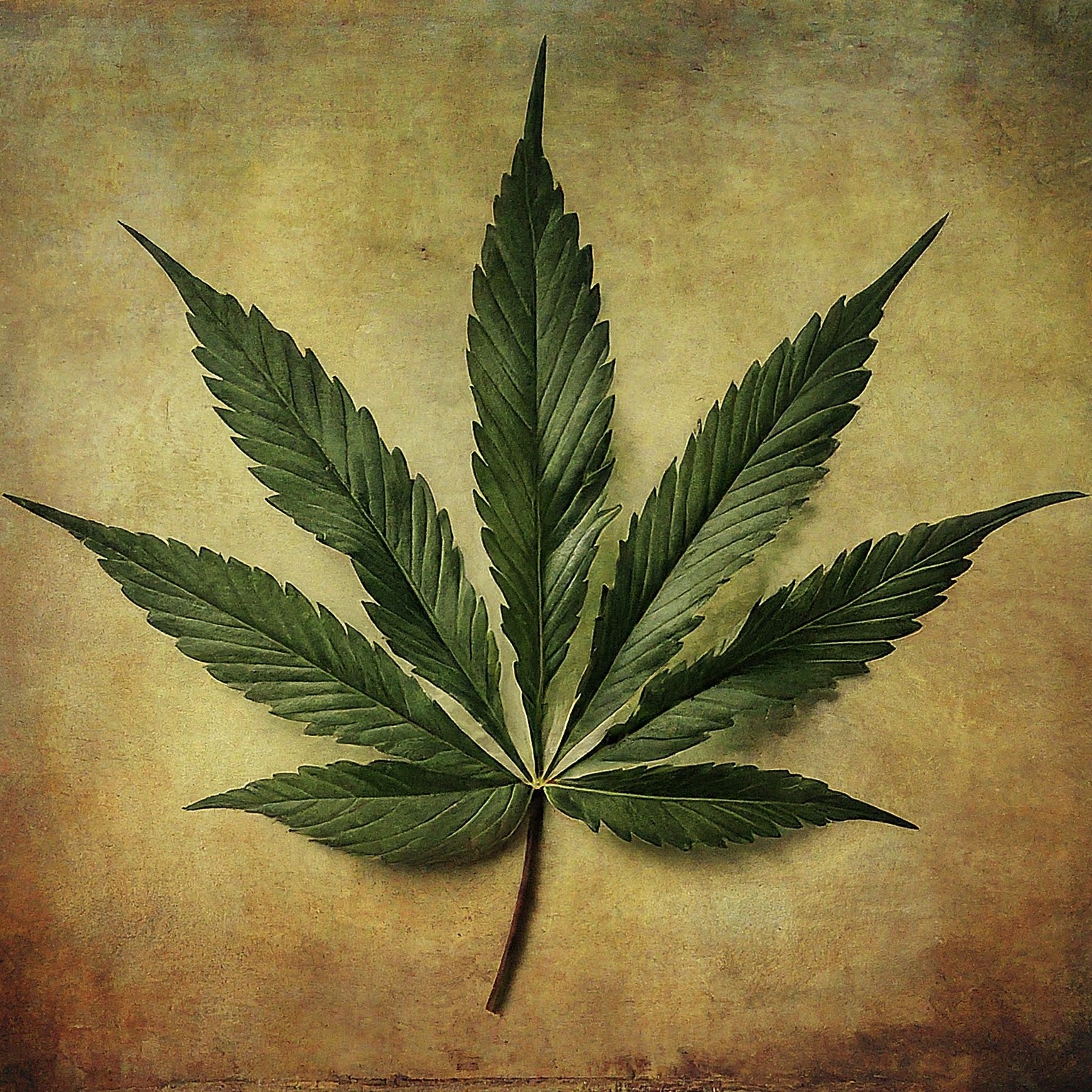Cannabis and religion have an ancient history that spans across cultures and continents. From Taoism in China to Hinduism in India, various religious traditions have incorporated cannabis into their rituals and practices. Let’s delve into the known history of cannabis in religion:
- Taoism and Cannabis:
- Taoism, an ancient Chinese belief system dating back to the fourth century BCE, emphasizes harmony with the natural order (the Tao). It became the official religion of China during the Tang Dynasty (618-907 CE).
- Cannabis played a role in Taoist ceremonies. It was added to ritual incense-burners, and ancient Taoists experimented with “hallucinogenic smokes.”
- Purpose: Taoists used cannabis to eliminate selfish desires, induce well-being, and achieve a state of naturalness aligned with their core beliefs.
- Restricted Use: Cannabis consumption was reserved for religious officials and not shared with the common people.
- Spiritual Connection: Taoist priests combined cannabis with ginseng to communicate with spirits and forecast the future, believing it could propel one’s spirit forward in time.
- Hinduism and Cannabis:
- In the Vedas, the oldest and most sacred Hindu texts (dating back to 1500 BCE), cannabis is considered one of the five sacred plants.
- Guardian Angel: Ancient Hindus believed that a guardian angel resided within cannabis leaves.
- Origin Myth: Some Hindu stories suggest that cannabis came from a spot of nectar dropped from Heaven.
- God Shiva: The god of destruction, Shiva, is closely associated with cannabis. According to legend, Shiva consumed cannabis to ease his pain after drinking a poison called Halahala during the churning of the ocean.
- Sacred and Practical: Cannabis played both a sacred and practical role in Hindu rituals and daily life.
- Buddhism and Cannabis:
- The Fifth Precept: In Buddhism, the Fifth Precept encourages practitioners to refrain from intoxicating drinks and drugs that lead to heedlessness. While some interpretations specifically refer to alcohol, others consider the precept to apply to any form of intoxication.
- Views on Cannabis: Traditional Theravada Buddhists generally view marijuana and hallucinogens as clear violations of the precept. However, opinions among Mahayana Buddhists vary. Some believe that it is intoxication of the mind that violates the precept, not moderate alcohol consumption or medicinal use.
- Spiritual Exploration: Some Buddhists see cannabis as a tool for spiritual exploration, enabling them to transcend ego limitations and enter heightened states of consciousness.
- Symbolism: Within Buddhism, cannabis is considered sacred and associated with spiritual symbolism, representing divine blessings and unity with creation12.
- Shintoism and Cannabis:
- Cleansing Powers: In Shintoism, an indigenous Japanese religion, cannabis is revered for its cleansing abilities. Shinto priests wave bundles of weed over possessed individuals to exorcise malevolent spirits.
- Sacred Plant: Cannabis holds spiritual significance, symbolizing purity and protection against evil forces.
- Ancient Roots: Indigenous peoples in Japan used hemp for clothing and baskets, and they consumed its seeds. Shintoism’s early spirituality recognized the plant’s importance.
- Sufism and Cannabis:
- Sufism: Sufism, a mystical branch of Islam, emphasizes direct personal experience of the divine and inner spirituality.
- Cannabis in Sufi Mysticism:
- Spiritual Exploration: Sufi mystics view cannabis as a means to transcend ordinary consciousness and connect with the divine essence.
- Contemplation and Meditation: Cannabis aids in contemplation and meditation, quieting the mind and enhancing introspection.
- Symbolism: Within Sufi traditions, cannabis is sacred and associated with spiritual symbolism, representing unity and shared spiritual experiences.
- Diverse Interpretations: Perspectives on cannabis within Sufi mysticism vary among different Sufi orders and practitioners. Some embrace it as a sacred plant, while others exclude it from their practices.
Throughout history, cannabis has played a significant role in various religious and spiritual traditions. In Taoism, it was used for enlightenment; in Hinduism, it symbolized purity and connectedness. Buddhism had varying views, while Shintoism considered it cleansing. Sufism embraced cannabis for spiritual exploration. These intersections highlight its diverse significance across cultures and faiths
Tags: Resources
